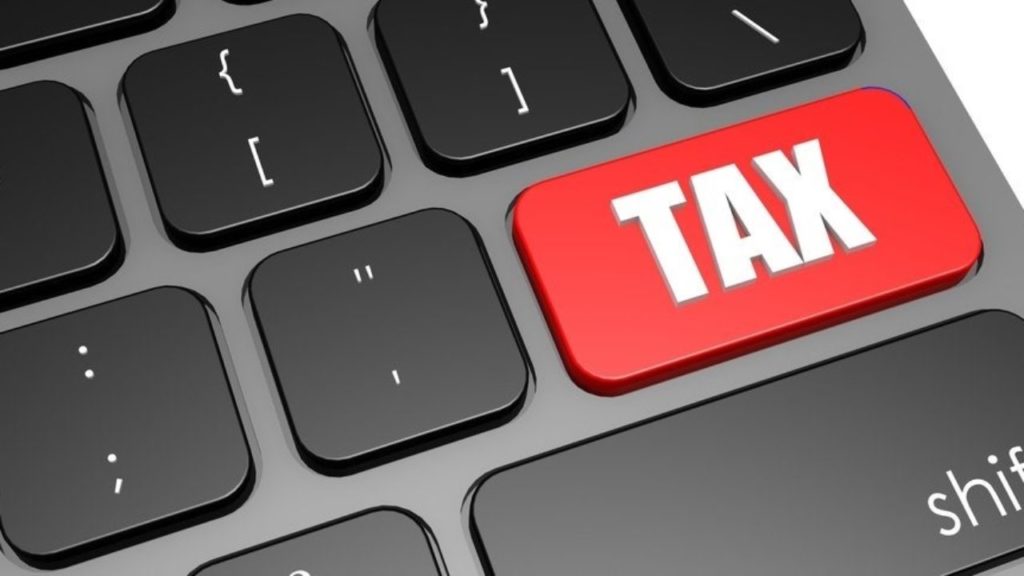Income Tax Officers Ordered To Work From Home & Catch Tax Evaders; But Is This Ethically Correct?

The Income-Tax Department has asked field formations to contact large taxpayers over phone or email to follow up on pending collections as per the reports.
Prior to this, the Finance Minister has announced a three-month extension in deadlines for tax payment and filing of returns for 2019 taxes.
What Does The Tax Department Say?
According to the reports, Rakesh Gupta, Commissioner of Income Tax (Coordination & Systems), Central Board of Direct Tax (CBDT), last week asked field formations to submit a daily report on follow-ups on pending tax collections from large taxpayers.
So far, most tax officers working from home in view of the lockdown announced to check the spread of COVID-19, it is possible to continue working in today’s connected world, the message to officials said.
Mr. Gupta wrote, “While the ITBA (Income Tax Business Application) platform is not available to the officers for discharging statutory functions, it is still possible to follow up the pending collection matters by contacting large taxpayers telephonically/electronically,”.
The message came after few days of Finance Minister Nirmala Sitharaman announcement of three months extension in the deadline for filing of income tax returns as well as payment of delayed advanced tax, self-assessment tax, regular tax, tax deducted at source, tax collected source, and securities transaction tax.
Further, the directive from CIT (C&S) has not gone down well with officers with their association writing to CBDT Chairman against it.
What Was The Response For This Directive?
In response to this, the joint body of Income Tax Employees Federation & Income Tax Gazetted Officers’ Association in the letter expressed surprise at the direction “to pressurize the assesses/defaulters to pay taxes when the Finance Minister has recently announced various extensions of the statutory compliances including the extension of the last date for the (dispute resolution scheme) Vivad se Vishvash scheme and also reduced the penal interest rates.”
The convenor Ravi Shankar wrote, “The people’s backlash in the wake of such pressures to pay taxes in the present scenario is very much evident,”.
Further, the association said it was not possible for assessing officers (AOs) to furnish a daily report for daily collection of current/arrear demand or applications received under the Vivad se Vishvash Scheme as the contact information of assessees/defaulters was not available at homes of the officers.
On top of that, the officers did not have access to the ITBA platform.
Moreover, it asked the chairman to direct the authorities below him “to remain positive, sensitive towards the present situation, adopt a humane approach and avoid pressing the panic button within the department”.
On March 24, the Finance Minister had announced an extension in last for filing income tax returns for 2018-19 fiscal to June 30 as well as linking of income tax PAN with biometric ID Aadhaar by a similar three months.
Further, a three-month extension in the deadline was announced for those opting for the tax dispute resolution scheme ‘Vivad se Vishwas’ scheme by paying the principal amount.
How Is It Going To Affect The Current Timelines?
Earlier the deadline for payment of such amount was March 31 and any payment after that was to be charged with an additional 10 percent.
But now, no additional 10 percent amount is required to be paid if payment is made by June 30, 2020.
An official statement issued on March 24 had said, “due dates for issue of notice, intimation, notification, approval order, sanction order, filing of appeal, furnishing of return, statements, applications, reports, any other documents and time limit for completion of proceedings by the authority and any compliance by the taxpayer including investment in saving instruments or investments for rollover benefit of capital gains under Income Tax Act, Wealth Tax Act, Prohibition of Benami Property Transaction Act, Black Money Act, STT law, CTT Law, Equalization Levy law, Vivad Se Vishwas law where the time limit is expiring between March 20, 2020, to June 29, 2020, shall be extended to June 30, 2020,”.
Also, for delayed payments of advance tax, self-assessment tax, regular tax, TDS, TCS, equalization levy, STT, CTT made between March 20, 2020, and June 30, 2020, the reduced interest rate at 9 percent instead of 12/18 percent per annum will be charged for this period, it had said adding no late fee/penalty would be charged for the delay.

Comments are closed, but trackbacks and pingbacks are open.